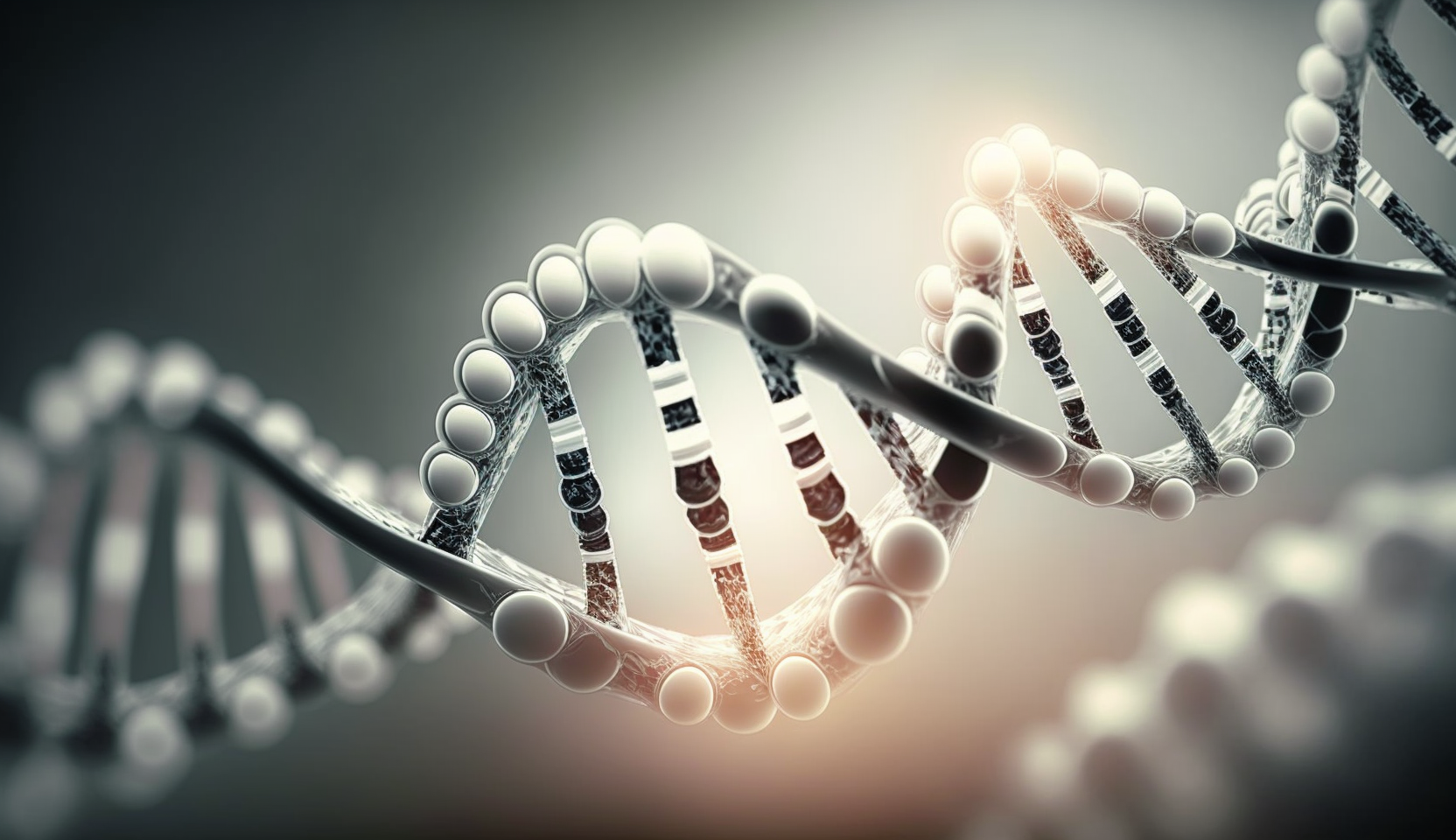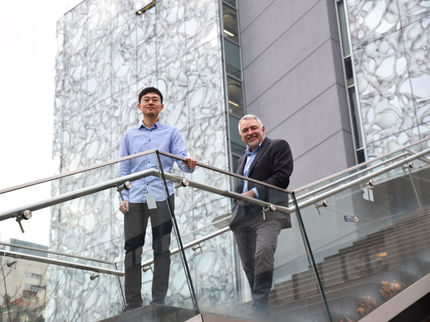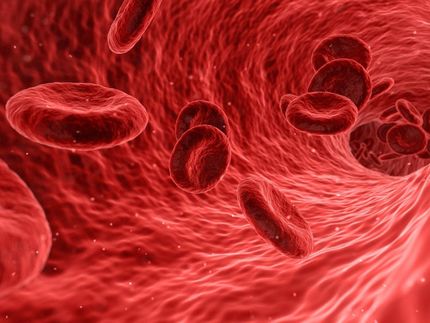Genetically modified 'serial killer' T cells obliterate tumors in leukemia patients
Gene therapy approach provides tumor-attack roadmap for other cancers
In a cancer treatment breakthrough 20 years in the making, researchers from the University of Pennsylvania's Abramson Cancer Center and Perelman School of Medicine have shown sustained remissions of up to a year among a small group of advanced chronic lymphocytic leukemia (CLL) patients treated with genetically engineered versions of their own T cells. The protocol, which involves removing patients' cells and modifying them in Penn's vaccine production facility, then infusing the new cells back into the patient's body following chemotherapy, provides a tumor-attack roadmap for the treatment of other cancers including those of the lung and ovaries and myeloma and melanoma. The findings, published simultaneously in the New England Journal of Medicine and Science Translational Medicine, are the first demonstration of the use of gene transfer therapy to create "serial killer" T cells aimed at cancerous tumors.
"Within three weeks, the tumors had been blown away, in a way that was much more violent than we ever expected," said senior author Carl June, MD, director of Translational Research and a professor of Pathology and Laboratory Medicine in the Abramson Cancer Center, who led the work. "It worked much better than we thought it would."
The results of the pilot trial of three patients are a stark contrast to existing therapies for CLL. The patients involved in the new study had few other treatment options. The only potential curative therapy would have involved a bone marrow transplant, a procedure which requires a lengthy hospitalization and carries at least a 20 percent mortality risk -- and even then offers only about a 50 percent chance of a cure, at best.
"Most of what I do is treat patients with no other options, with a very, very risky therapy with the intent to cure them," says co-principal investigator David Porter, MD, professor of Medicine and director of Blood and Marrow Transplantation. "This approach has the potential to do the same thing, but in a safer manner."
Secret Ingredients
June thinks there were several "secret ingredients" that made the difference between the lackluster results that have been seen in previous trials with modified T cells and the remarkable responses seen in the current trial. The details of the new cancer immunotherapy are detailed in Science Translational Medicine.
After removing the patients' cells, the team reprogrammed them to attack tumor cells by genetically modifying them using a lentivirus vector. The vector encodes an antibody-like protein, called a chimeric antigen receptor (CAR), which is expressed on the surface of the T cells and designed to bind to a protein called CD19.
Once the T cells start expressing the CAR, they focus all of their killing activity on cells that express CD19, which includes CLL tumor cells and normal B cells. All of the other cells in the patient that do not express CD19 are ignored by the modified T cells, which limits side effects typically experienced during standard therapies.
The team engineered a signaling molecule into the part of the CAR that resides inside the cell. When it binds to CD19, initiating the cancer-cell death, it also tells the cell to produce cytokines that trigger other T cells to multiply -- building a bigger and bigger army until all the target cells in the tumor are destroyed.
Serial Killers
"We saw at least a 1000-fold increase in the number of modified T cells in each of the patients. Drugs don't do that," June says. "In addition to an extensive capacity for self-replication, the infused T cells are serial killers. On average, each infused T cell led to the killing of thousands of tumor cells – and overall, destroyed at least two pounds of tumor in each patient."
The importance of the T cell self-replication is illustrated in the New England Journal of Medicine paper, which describes the response of one patient, a 64-year old man. Prior to his T cell treatment, his blood and marrow were replete with tumor cells. For the first two weeks after treatment, nothing seemed to change. Then on day 14, the patient began experiencing chills, nausea, and increasing fever, among other symptoms. Tests during that time showed an enormous increase in the number of T cells in his blood that led to a tumor lysis syndrome, which occurs when a large number of cancer cells die all at once.
By day 28, the patient had recovered from the tumor lysis syndrome –– and his blood and marrow showed no evidence of leukemia.
"This massive killing of tumor is a direct proof of principle of the concept," Porter says.
The Penn team pioneered the use of the HIV-derived vector in a clinical trial in 2003 in which they treated HIV patients with an antisense version of the virus. That trial demonstrated the safety of the lentiviral vector used in the present work.
The cell culture methods used in this trial reawaken T cells that have been suppressed by the leukemia and stimulate the generation of so-called "memory" T cells, which the team hopes will provide ongoing protection against recurrence. Although long-term viability of the treatment is unknown, the doctors have found evidence that months after infusion, the new cells had multiplied and were capable of continuing their seek-and-destroy mission against cancerous cells throughout the patients' bodies.
Moving forward, the team plans to test the same CD19 CAR construct in patients with other types of CD19-positive tumors, including non-Hodgkin's lymphoma and acute lymphocytic leukemia. They also plan to study the approach in pediatric leukemia patients who have failed standard therapy. Additionally, the team has engineered a CAR vector that binds to mesothelin, a protein expressed on the surface of mesothelioma cancer cells, as well as on ovarian and pancreatic cancer cells.
Other news from the department science
Most read news
More news from our other portals
See the theme worlds for related content
Topic world Gene therapy
Genetic diseases once considered untreatable are now at the center of innovative therapeutic approaches. Research and development of gene therapies in biotech and pharma aim to directly correct or replace defective or missing genes to combat disease at the molecular level. This revolutionary approach promises not only to treat symptoms, but to eliminate the cause of the disease itself.

Topic world Gene therapy
Genetic diseases once considered untreatable are now at the center of innovative therapeutic approaches. Research and development of gene therapies in biotech and pharma aim to directly correct or replace defective or missing genes to combat disease at the molecular level. This revolutionary approach promises not only to treat symptoms, but to eliminate the cause of the disease itself.























































